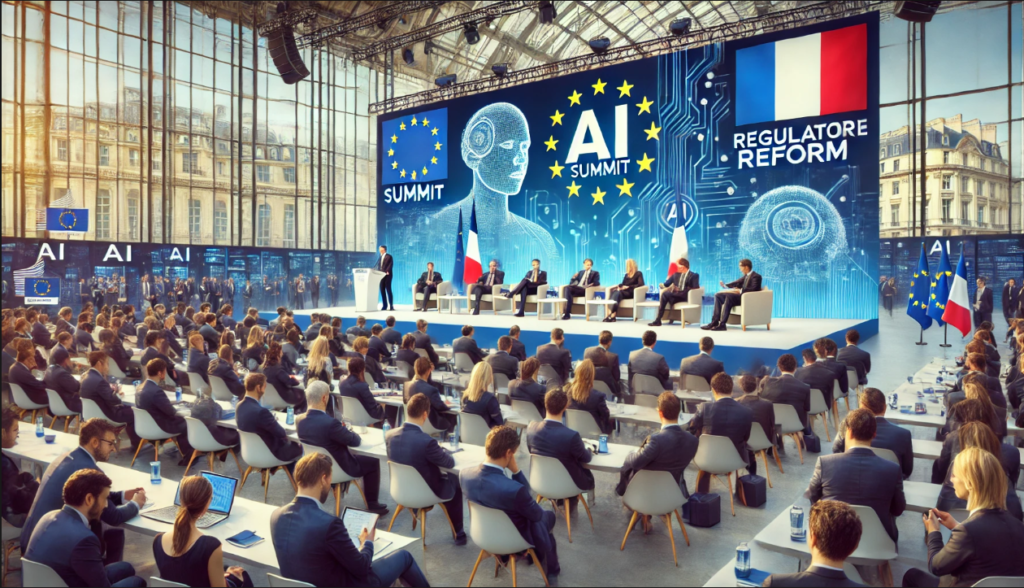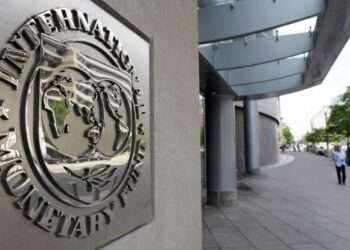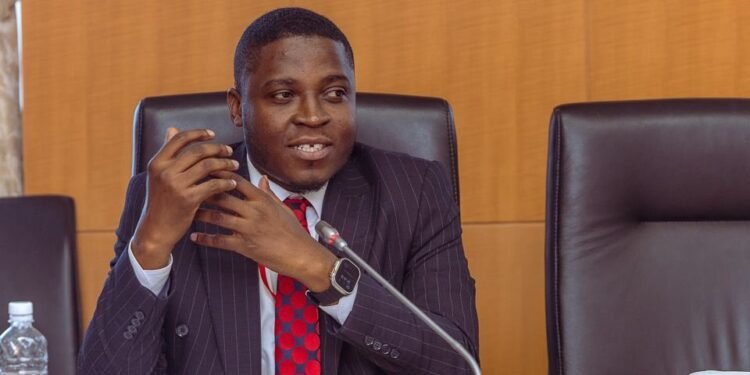As digital technologies continue to transform economies, societies, and daily lives, the United Nations’ top human rights advocate has issued a powerful reminder: innovation must not come at the expense of fundamental freedoms.
Speaking at the 20th anniversary of the World Summit on the Information Society (WSIS) in Geneva, UN High Commissioner for Human Rights Volker Türk called for human rights to be placed “at the centre of this transformation.”
While the digital age holds immense potential to “connect people, improve access to health and education,” and advance development, Türk warned that the rapid evolution of digital tools also brings grave risks. These include privacy violations, algorithmic discrimination, restrictions on freedom of expression, and what he described as threats to “our shared sense of truth and reality.”
“It is precisely in the face of massive change that we need more human rights, not less,” Türk emphasized to global stakeholders gathered at the high-level event.
His remarks come as world governments, tech companies, and civil society groups grapple with the ethical, legal, and social implications of artificial intelligence (AI) and digital surveillance. Türk stressed that international law and human rights principles should guide how states and corporations respond to challenges like data misuse, disinformation, and digital exclusion.
“States’ legal obligations and companies’ duties to respect human rights offer guidance to tackle disinformation and protect our data from illicit use.”
The commissioner also highlighted the need for these frameworks to address algorithmic bias, counter digital hate speech, and foster inclusive decision-making in tech development.
Window Of Opportunity To Make A Difference
The WSIS, first launched in 2001, has served as a global platform for multistakeholder dialogue on internet governance and the equitable use of digital tools. Its two founding phases — in Geneva (2003) and Tunis (2005) — laid the groundwork for ongoing collaboration among states, the private sector, and civil society to build a people-centred digital future.
Türk acknowledged this legacy and urged participants to build on it as new challenges emerge. “[The WSIS] helped create a space for States, technology companies, civil society, and others to harness the power of information and communication technologies for development,” he noted.
The urgency surrounding AI regulation has intensified in 2025. The UN is moving forward with its Global Digital Compact, aimed at building consensus on trustworthy, inclusive, and secure AI systems. “We have a window of opportunity to make a difference,” Türk said, urging “States, technology companies, international organizations, civil society, and others” to work collectively.
This call comes amid a flurry of international activity focused on AI governance. In March, the AI Action Summit in Paris brought together governments, tech leaders, and academics to advance frameworks for what it called “public-interest AI.” The summit stressed the need to balance innovation with regulation and emphasized cross-border coordination.

Canada, which holds the 2025 G7 presidency, has made AI governance a top agenda item, while the European Union’s landmark AI Act, the first of its kind globally, is set to come into force this August. The Act mandates transparency, risk classification, and accountability for AI systems, positioning the EU as a frontrunner in tech regulation.
Other countries, including Brazil, South Korea, and Canada, are adapting their policies to align with the EU’s rules. Meanwhile, UNESCO and ASEAN continue to champion AI ethics rooted in “human rights, privacy, and sustainability.”
However, differences persist. The United States has leaned toward a looser regulatory approach, favouring innovation over strict oversight. In contrast, the EU faces pressure from tech industries to reduce compliance burdens, highlighting the ongoing debate between economic competitiveness and ethical safeguards.
As the pace of digital transformation accelerates, the UN insists that the path forward must not lose sight of dignity, equality, and justice. The race to regulate AI is not merely about technology; it is about the future of human rights in a connected world.
READ ALSO: IMF Names Seasoned Economist Dr. Adrian Alter as New Country Representative in Ghana



















